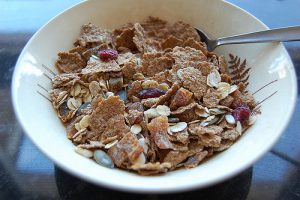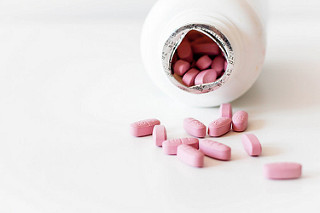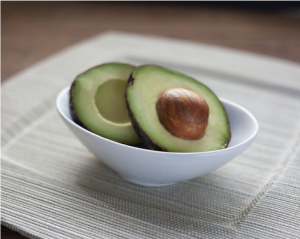Whether it be pre-pregnancy, or just after you have found out you are pregnant, a trip to a pharmacy for vitamins is probably one of the first things you will do. There are many brands of pregnancy multivitamin that you can choose from, each with their own advertised benefits only that brand offers, but choosing the one for you can be puzzling. As a midwife, women have come to me quite often saying the pregnancy multivitamins can give unwanted side-effects such a nausea, abdominal pain and digestive troubles. So what does current research say is recommended for pregnant women?
Vitamin C
It is thought that being deficient in vitamin C can increase the risk of pre-eclampsia, anaemia and having a small baby. Researchers looked at a large number of studies and concluded that vitamin C supplementation may have a role the reduction of placental abruption and PROM (breaking the waters before labour), but further research is needed to get solid results. Overall taking vitamin C doesn’t appear to have any benefits in preventing problems in pregnancy.
Vitamin E
Again, it is thought that avoidance of vitamin E deficiency could help reduce incidence of pre-eclampsia and having a small baby. A review of the evidence looked at its use during pregnancy, although all these studies looked at the inclusion of vitamin E within a multivitamin, rather than on its own. This review saw that the use of vitamin E, on its own or in combination with a multivitamin, does not appear to prevent any problems in pregnancy such as stillbirth, baby death, preterm birth, pre-eclampsia or low birthweight babies. Another finding from the review was that it may increase to rate of abdominal pain reported by women and also could increase the risk of breaking the waters at full term before the start of labour.

Creative commons license Caro Wallis
Brussel sprouts are for life, not just for Christmas
Folic Acid
Folic acid (folate) supplementation- folic acid is a synthesised form of folate that is used to reduce the occurrence of neural tube defects- spina bifida (an opening in one or more of bones in the spinal column) and anencephaly (where the head end of the spinal column fails to close). It may also reduce the likelihood of cleft lip (with or without cleft palate) and congenital heart defects, although this requires further research. It is recommended by the World Health Organisation to take 400μg of folic acid daily, ideally before conception, up until 12 weeks of pregnancy.
Iron
Anaemia (iron deficiency) is a common problem in pregnancy and can cause women to feel excessively tired and weak. Evidence suggests that a daily supplemental intake of 30 to 60 mg/d can help maintain a satisfactory haemoglobin level and reduce the risk of anaemia. However, in a developed country such as the UK, its it not routinely recommended that a daily iron supplement is required, due to the potential for this to cause stomach irritation and constipation or diarrhoea. Dietary intake of iron in red meat or green leafy vegetables is seen as sufficient to maintain a good iron level, and only women whose iron level falls during pregnancy will be given treatment-level supplements.

Creative commons license Emily Heath
Many breakfast cereals are fortified with iron

Creative commons license Mike Mozart
Vitamin D
Currently it is recommended that pregnant women take a supplementary dose of 10μg of vitamin D. To date evidence suggests that taking vitamin D could reduce the risk of having your baby early, reduces the risk of high blood pressure and having a low birthweight baby. However, the evidence base upon which these recommendations were made came from a small number of low-quality trials, and it is still unclear as to whether vitamin D supplementation should be part of routine antenatal care. Further large-scale studies are required to corroborate any findings found in previous studies.
It must be noted that many of the studies carried out investigating vitamin supplementation in pregnant women was carried out in low and middle-income countries, so it’s not certain how well the findings can be applied on a well-nourished population as seen in the UK.
Overall, eating a healthy balanced diet with folic acid and vitamin D supplementation seems to best approach, but watch this space for any new developments about vitamin D!





